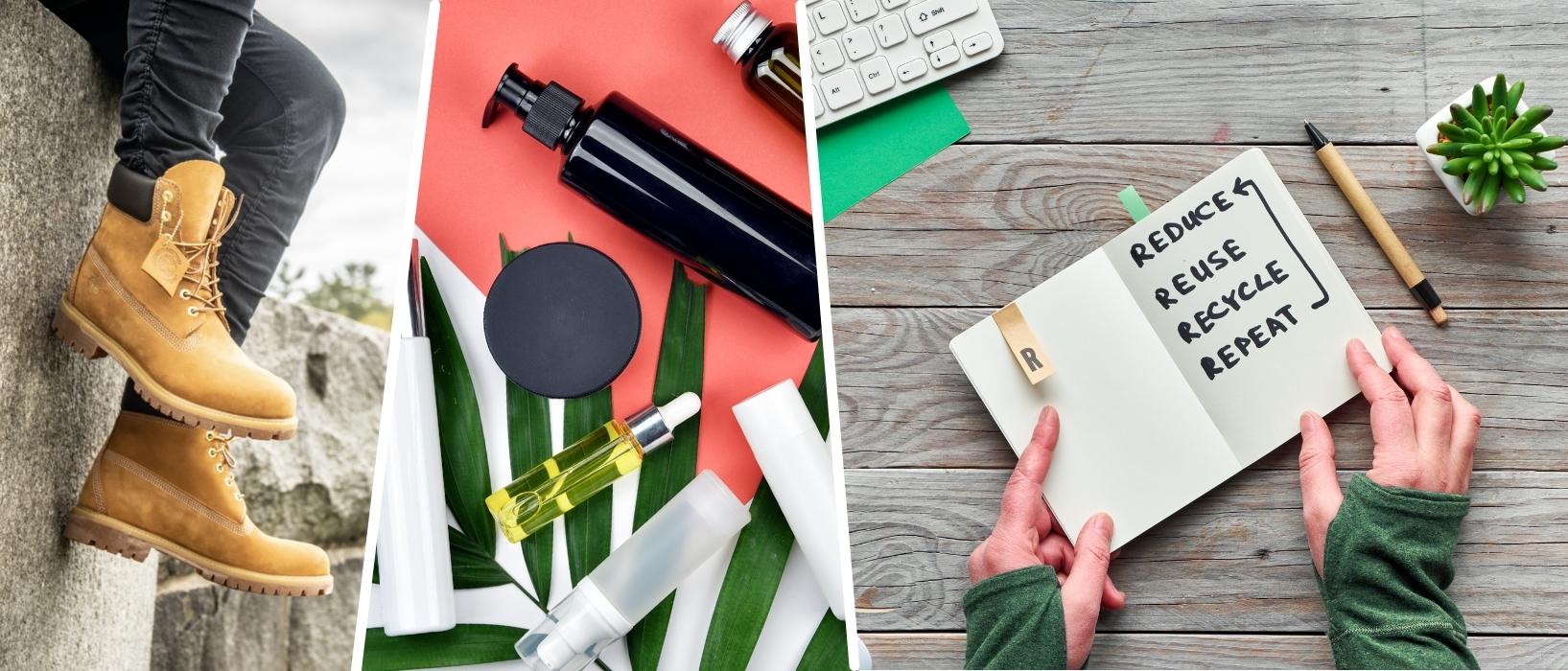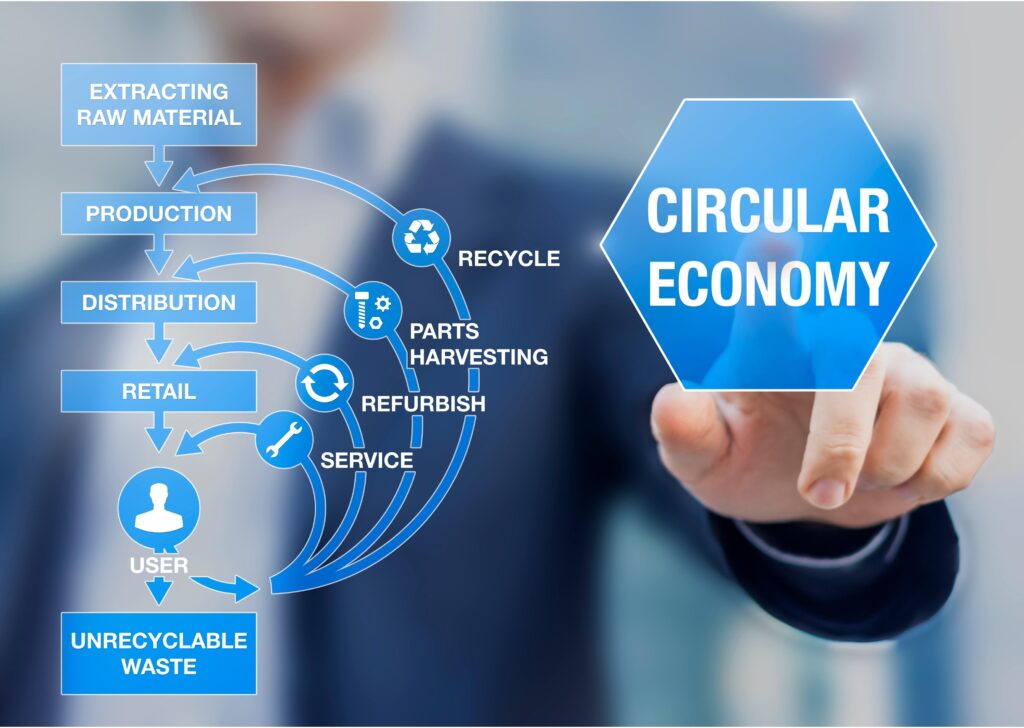
The human population is increasing, resources are dwindling, and we’re producing more waste than ever. It’s clear that something needs to change.
Embracing a circular economy means encouraging people to share, lease, reuse, repair, refurbish, and recycle existing materials and goods for as long as possible. This extends the life-cycle of products, reducing waste to the very minimum.
One major brand that has pledged for all their products to be fully circular by 2030 is Timberland. To help them achieve this goal, they have recently launched Timberloop™. This programme allows customers to return any used Timberland footwear, clothing, or accessories so they can be given a new life.
Returned products will either be disassembled, with as many parts as possible being upcycled into new products, or refurbished and sold on a dedicated website that will launch later this year. All of this translates into reduced waste and a much lower environmental impact.
Global brand president, Susie Mulder, said, “Timberland products are already designed to be durable and long-lasting, and I love the idea of extending that even further with a second life outside the landfill.
“With the growing awareness of environmental issues and personal consumption choices, I believe our community will be as excited about the Timberloop program as we are. This is a huge step as we work toward our vision of a more equitable and green future.”
So far, this is only available in the U.S., but with their 2030 goal in mind, it will likely expand worldwide soon.

Timberland is, of course, not the only brand to adopt a more circular model. Skincare and beauty brand Elemis are the latest to join a new collaborative initiative focused on renewable packaging.
The programme, called ‘Re’ (short for Return-Refill-Repeat), was first developed by B Corp certified Beauty Kitchen and is now backed by several big firms, including Asda and Unilever.
Under the initiative, customers can return their empty packaging to a participating retailer, either in-store or by post. The packaging, made using steel, glass, and/or washable plastics, is then cleaned, refilled, and reused.
Both Asda and Unilever began trialling ‘return on the go’ schemes in selected stores in June, with shopped being able to choose refilled bottles of products including Persil, Simple, Radox, and Alberto Balsam. Asda plans on expanding this to additional stores in the coming months.
Beauty Kitchen founder and creator of the scheme, Jo Chidley, said, “We do not want a monopoly on circular economy products – we want the opposite. As a collaborative programme, we are sharing our knowledge to co-operate with other brands, retailers, and corporations to accelerate an inclusive, scalable, and repeatable circular packaging solution.”
The Re programme’s overall vision is to mitigate the landfilling of 100 million bottles within three years.